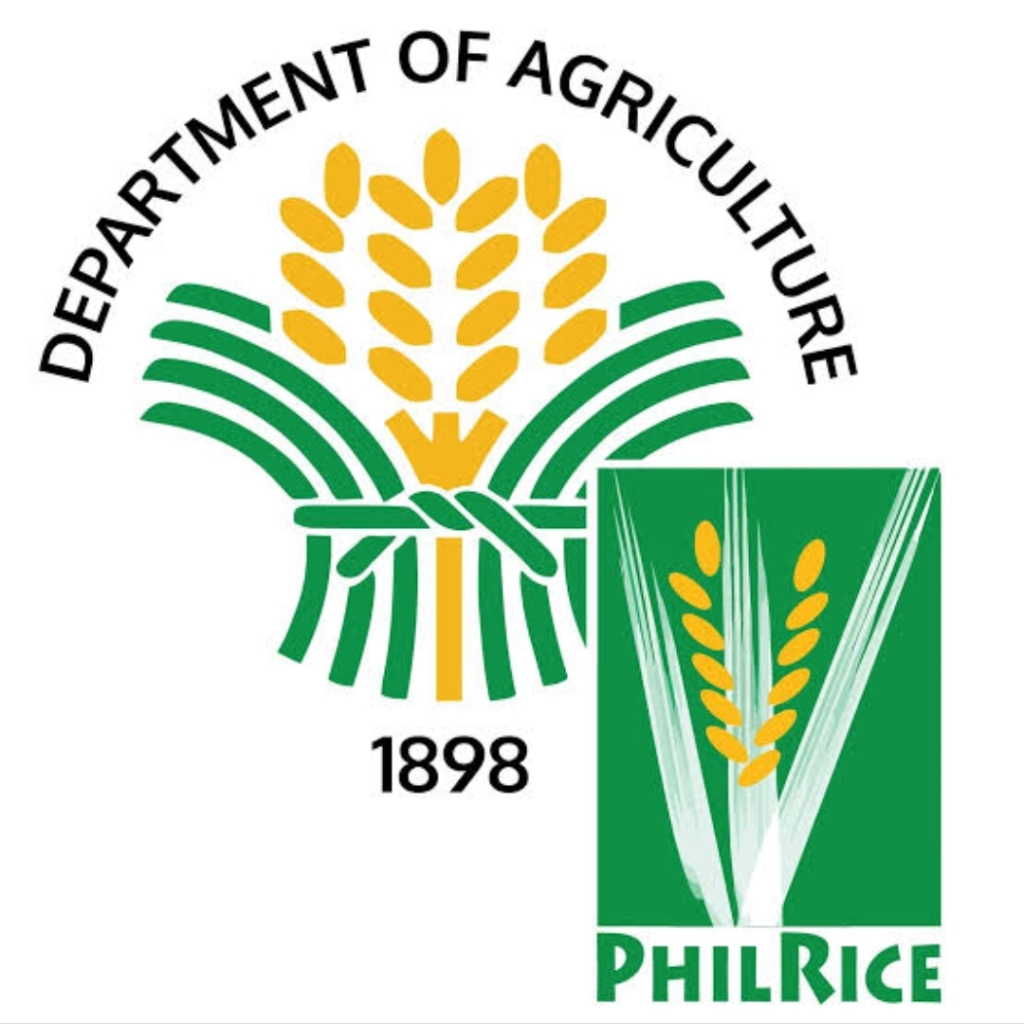
By ONLINE BALITA
The Philippine Rice Research Institute (PhilRice) is pushing drone technology as a solution that can be adopted by rice farmers to increase their yields and lower production costs.
PhilRice and the International Rice Research Institute launched last April the Drone4Rice project that aims, among others, to standardize protocols for drone applications of seeds, fertilizers, and pesticides for rice production in the Philippines.
Funded by the Department of Agriculture-Bureau of Agricultural Research, the project also aims to reduce production cost and need for manual labor, and, equally important, to attract the youth to farming.
Dr. Jasper G. Tallada, Drone4Rice PhilRice lead, said the utilization of drones in rice farming is rising, and can revolutionize the production of the staple as drones can optimize the application of inputs like seeds, fertilizers and pesticides, which reduces costs. More importantly, drones can reduce the labor and time to apply inputs.
“By utilizing drone technology to optimize inputs, such as seeding rates, farmers could save substantial amounts on production cost. This optimization would also expand the distribution of seeds by expanding areas of coverage, particularly through initiatives like the Rice Competitiveness Enhancement Fund,” Tallada explained.
“Just imagine, it takes you half a day or a day to seed a hectare, which can easily be done in just 20 minutes by using drones,” he added.
Tallada emphasized that by showcasing the technological advancements in agriculture, the project could also help dispel misconceptions about farming being hard, which in turn, will make more young Filipinos get interested in farming.
More women will also gain interest in rice farming and can become drone operators and undertake light drone operations such as seeding and fertilizer application. This, Tallada said, will promote gender inclusivity in agricultural technology adoption.
And to allow more farmers to use drones, the project also aims to establish Drone Service Providers (DSPs), who can rent out or lease their drones to other farmers.
“We all know that 50% of rice production costs is manpower, and if we have service providers that can e7ciently and quickly deliver these operations, labor costs would diminish,” Tallada said.
The use of drones in rice production was also included in a DA directive on the use of the PP22.903-billion financial assistance intended for hybrid seeds, inorganic fertilizers, biofertilizers, and ameliorants through discount vouchers and e-wallets, like the interventions monitoring card.
PhilRice has also seen an increase in the number of companies designing and manufacturing drones, with a big number of them also catering or becoming aware of the needs of farmers and food producers.
“We see this agricultural drone as a trailblazer for the digital transformation of rice production,” Tallada said.
